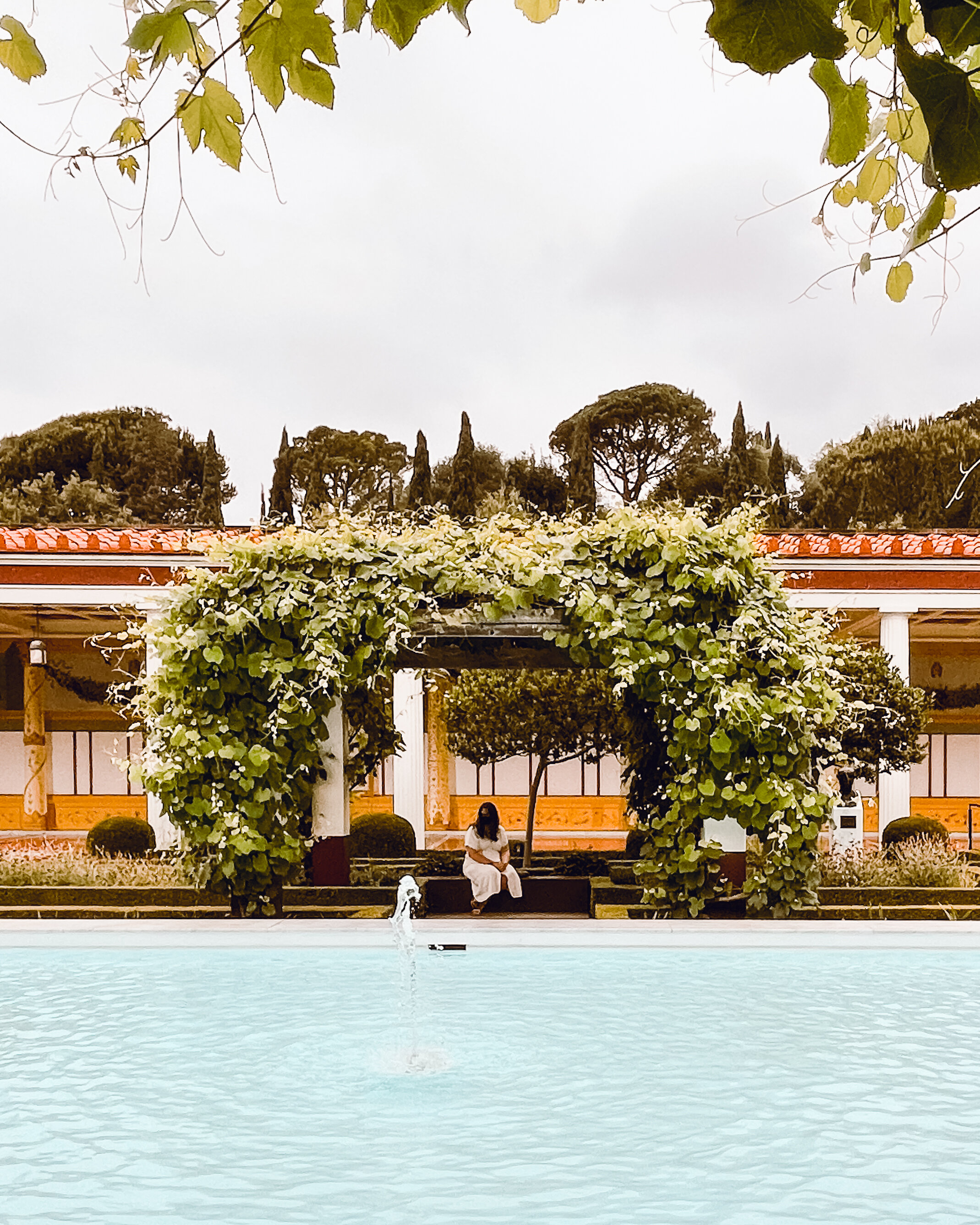The Question I Ask at Every Cocktail Party
There are very few events I dread more than a cocktail party. Not that I don’t like dressing up and swanning about a fancy venue with a drink in my hand, it’s just that I’m usually the “plus one” at one of my husband, Kevin’s, work events, facing a room full of people I barely know and bracing myself for the inevitable question, “So, what do you do for a living?”
While that may be an easy icebreaker for people with established, salaried jobs, the answer is a bit more complicated for independent creators, makers, and artists like myself. Even when I’m expecting the question, my mind immediately starts spinning. What exactly constitutes a living? Is what I do even a real job? How do I explain this in a way that makes sense to an outsider? How can I justify this as a career? All my self-doubts and societal hangups get wrapped up in the response to one innocent conversation-starter.
Or they did, until I learned to take control with my own icebreaker. Now, when faced with making small talk with a new acquaintance, I have my own question to get the conversational ball rolling: “What do you do in your free time?”
The first time I asked it, the person I was talking to began to tell me his job title and then stopped, startled. “Wait, what do I do in my free time?”
“Sure,” I said, “I know you work for [Kevin’s former company], but what do you do for fun?”
He paused for a moment and then said, “Well, I’ve been doing a lot of airbrush art recently…”
Now, that was intriguing!
It turns out, asking about people’s free time yields far more compelling conversational topics than asking about their jobs. Even when someone is into something you’re not, there’s a light in their eyes when they talk about their passion that makes the topic interesting. Whether they bring up their family, their travels, their hobbies, or something completely unexpected, you’ve created a gateway to the spark that animates them.
And almost magically, introducing such a topic immediately gives you more insight into that person than the average coworker…which is exactly the sort of personal connection such events are supposed to foster. Just knowing one thing about who someone is outside of work hours creates a bond that can’t be undone.
More importantly for me, the free time question emphasizes value beyond employment, which puts the interaction more onto my own terms as a self-employed (and, let me be honest, often uncompensated) creative. Asking what someone does for a living is the equivalent of asking, “In what way do you use your skills to participate in the economy?” which is almost never a question I care about. Sure, there are plenty of people out there whose paid work and passion align, but the “what do you do in your free time?” question leaves room for that. It gives them the leeway to talk about what they value rather than what the economic system values.
For those of us who prioritize other things over economic impact—or who just want to make more interesting small talk—the best path through an awkward cocktail party is to stop asking about people’s jobs and start asking about what matters to them. “What do you do in your free time?” isn’t exactly a probing question about personal values, but it gets there a lot more quickly than “What do you do for a living?” And you can ask it even of someone you just met.




